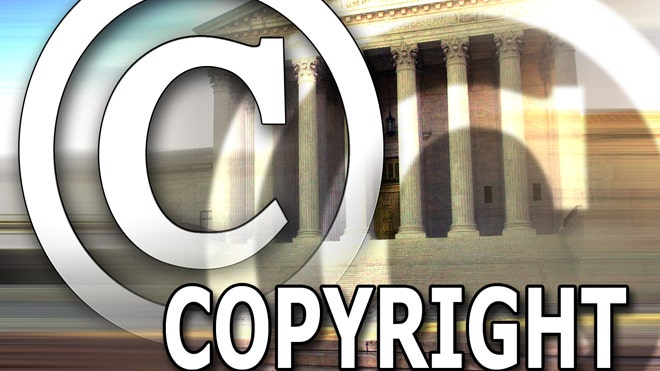New rules let you jailbreak phones (but not tablets)
Published October 27, 2012
TechNewsDaily
The Librarian of Congress announced new exemptions to the Digital Millennium Copyright Act Oct. 25 that will impact what consumers are and are not allowed to do with smartphones, tablets, game consoles and e-readers for the next three years.
Smartphones and tablets
The new rules
, which go into effect Oct. 28, will let consumers jailbreak or root their smartphones, but not tablet computers and home gaming consoles. Digital-rights activists had sought exemptions for the latter devices as well.
The most drastic difference between the old set of rules, which went into effect at the end of 2009, and the new one is that smartphones can no longer legally be unlocked by the user.
Jailbreaking, aka rooting, involves taking full control of a device, which would let the user run software unauthorized by the manufacturer. Unlocking allows a smartphone or tablet to run on a cellular network other than the one it was intended for.
Smartphones purchased before Jan. 30, 2013, can still legally be unlocked by the user, but those bought after that must stay on their original carrier at least for the duration of a customer's contract.
[10 Pros and Cons of Jailbreaking Your iPhone or iPad
]
A 2010 ruling that said consumers merely license, rather than own, software is behind the rule change on unlocking phones. That rule invalidates customers' fair-use claims and means only the carrier can legally unlock a phone.
Obtaining unlocked phones, however, is much easier today than it was three years ago. AT&T will now unlock customers' smartphones once they’re out of contract. Verizon Wireless sells the iPhone 5 unlocked right out of the box.
The Librarian of Congress, James Billington, cited overly broad vagueness as being behind the disparate rules separating phones and what can be considered a "tablet." An "e-book reading device might be considered a tablet, as might a handheld video game device," he explained.
The new rules also prohibit cracking game consoles such as PlayStations and Xboxes in order to run applications and software not intended by the maker.
E-books and DVDs
While the rules create new restrictions for electronics, they make disability access easier for the content on portable devices.
Under the old rules, consumers could only circumvent copyright protection mechanisms that interfered with disabled accessibility if all versions of an e-book had such restrictions in place.
But, as Ars Technica's Dan Goodin
reported, the argument that this rule required disabled consumers to own multiple e-readers in order to access a robust selection of books and still be in compliance with the law swayed the Librarian to widen the exemption.
That means it will be legal for disabled consumers to find work-arounds in order to enlarge text or enable audio-reader technology.
New rules for DVDs, which will be in place from now through 2015, allow filmmakers to rip excerpts for the purposes of critiquing and commenting in documentaries, educational films and the like, and allow for DVD decryption for disability access.
But the new rules prohibit ripping copies of movies
for playback on devices that don't contain a DVD drive.
Digital rights advocacy group Public Knowledge's Michael Weinberg expressed disappointment in that particular decision, and told Ars Technica it implied that "every person who has ever ripped a CD to put on her iPod is a copyright infringer."
Weinberg said that DVD-ripping for use by the same individual was something the Record Industry Association of America has acknowledged as "perfectly lawful."
The DMCA allows the Librarian of Congress to permit some exemptions to the law in order to accommodate changes in the way we consume create and share media. These exemptions are reviewed every three years.
- The Top 10 Threats to Your Smartphone
- Why You Should Hack Your Android Phone
- 10 Best Mobile Security Software Products
Copyright 2012 TechNewsDaily
, a TechMediaNetwork company. All rights reserved. This material may not be published, broadcast, rewritten or redistributed.
Saturday, October 27, 2012
New rules let you jailbreak phones (but not tablets)
via foxnews.com
Subscribe to:
Post Comments (Atom)

No comments:
Post a Comment